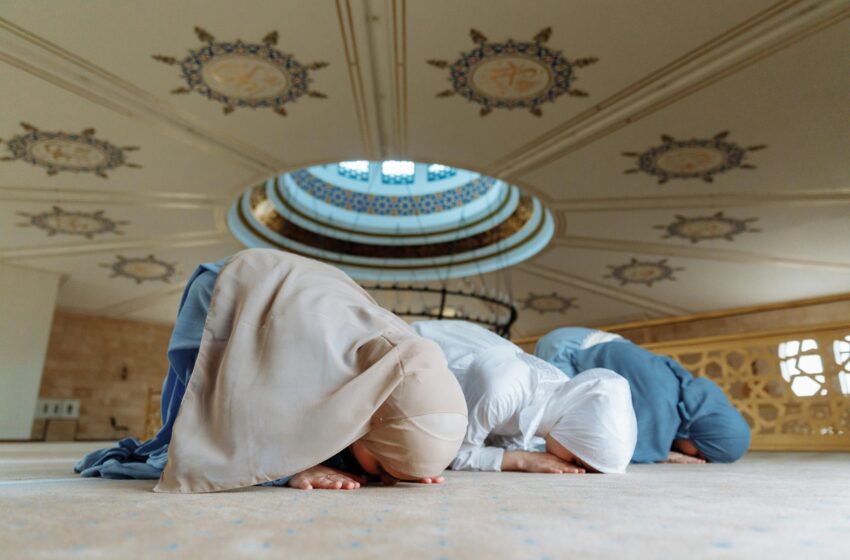
Let’s Talk About Muslim Women’s Rights Neglected in the Masjid
There is this crucial distinction between religion and culture that is often overlooked when it comes to Muslim women’s rights in the masjid. Islamophobes and Muslim hardliners, though may superficially come off as polar-opposite outlooks, are surprisingly similar in their reductionist perspectives of Islam.
Instead of acknowledging the influence of pre-existing traditions on the adoption of Islam in different places across the globe, cultural interpretations are held as absolutes that can never be challenged.
Both sides reduce the elaborate history and thought of Islam into a monolith that isn’t affected by differing cultural practices or contexts. Instead of acknowledging the influence of pre-existing traditions on the adoption of Islam in different places across the globe, cultural interpretations are held as absolutes that can never be challenged.
During the time of the Prophet Muhammad (PBUH), as is evidenced in several hadiths, mosques were a site of worship for Muslim men and women alike. However, as it has always been throughout the course of history, patriarchy has managed to seep into the practices of Islam and corrupt its practices. Under the guise of preserving Islamic traditions, women across the world are consistently barred from accessing mosques.
In South Asia for instance, the traditions of the Purdah System, a restrictive social practice of segregating women, have shaped Muslim women’s rights in entering sites of worship such as mosques as they are either actively stopped or discouraged from entering. Not only is the act a violation of the fundamental rights that Islam grants to women, but it’s also an assault on the community-based approach towards a religious practice that Islam takes.
Since the times of Prophet Muhammad (PBUH), mosques have served as not only sites of worship but also a space for Muslims to come together regardless of gender or race to discuss the affairs of the state, convene as a community and most importantly learn their own religion.
While it is perfectly understandable that mosques facing limited funding may be forced to give preferential treatment to building spaces for men to pray … that isn’t the attitude or justification that most conservative mosques follow.
Such practices we see nowadays violate the spirit of Islam and effectively alienate Muslim women from truly understanding Islam. While it is perfectly understandable that mosques facing limited funding may be forced to give preferential treatment to building spaces for men to pray, given that it’s obligatory for them, that isn’t the attitude or justification that most conservative mosques follow.
Rather such acts of violation are merely a manifestation of their ideas of male superiority, wherein women are paradoxically restricted from attaining religious education while being expected to uphold the piety of the house. The idea of women attaining the intellectual freedom to explore their own religion and engage with it within a safe space of other Muslim women isn’t a new fitnah, women have the Islamic right to enter mosques and pray within them. A safe, thriving space for Muslim women to understand, question, learn, and practice Islam mustn’t be such a complicated or exhaustive demand unless, of course, the motives are to alienate Muslim women from exercising their legitimate freedom.



